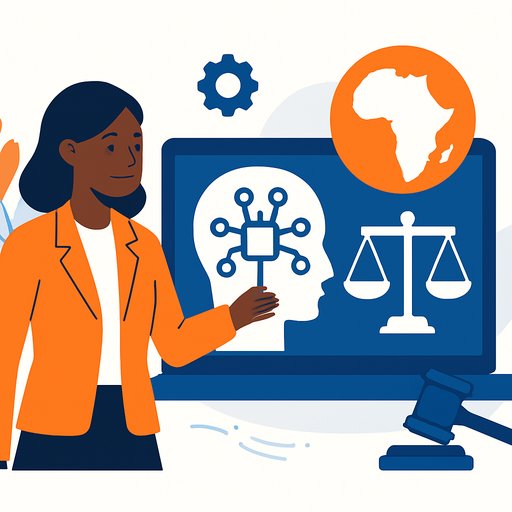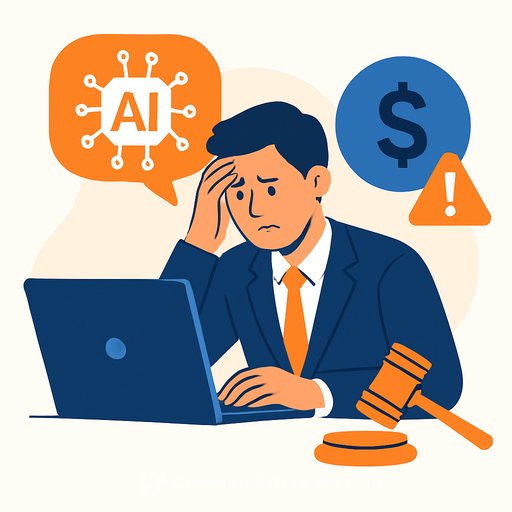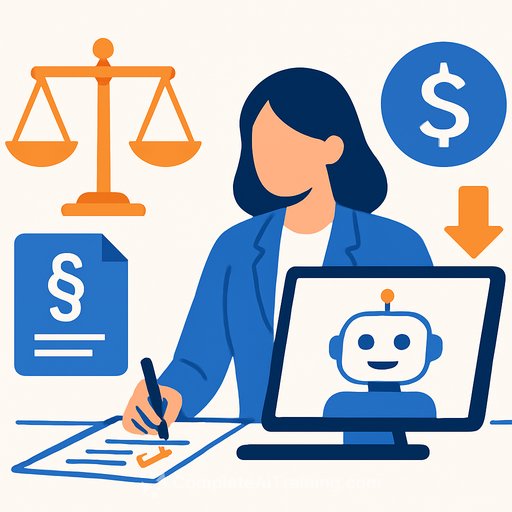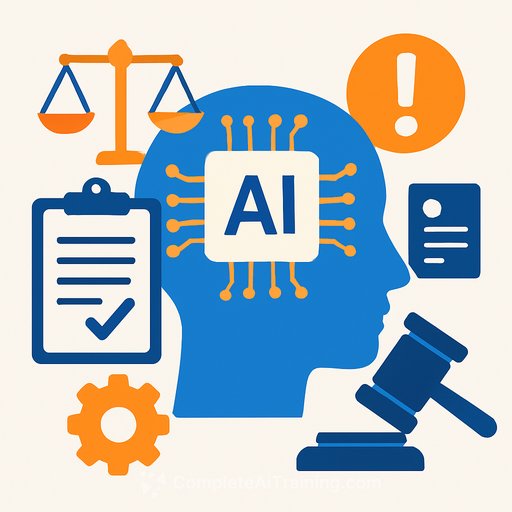UJ launches AI and the Law Institute to advance responsible AI governance
The University of Johannesburg has marked its 20th anniversary with the launch of the AI and the Law Institute. Unveiled on Friday, 17 October 2025, at the UJ Arts Centre on the Auckland Park Kingsway Campus, the Institute positions UJ at the forefront of Africa's legal, ethical, and technological development in Artificial Intelligence.
For legal professionals, this is a clear signal: AI fluency, constitutional guardrails, and enforceable accountability mechanisms are moving from theory into practice.
A vision rooted in justice and innovation
Professor Letlhokwa George Mpedi, UJ Vice-Chancellor and Principal, called the Institute a personal project born from years of work at the intersection of law, technology, and ethics. "Our responsibility extends beyond treating AI as a technological tool. It demands legal imagination, ethical rigour, and a commitment to justice."
Prof Mpedi co-authored Artificial Intelligence and the Law (Springer, 2024) with Professor Tshilidzi Marwala, Rector of the United Nations University and UN Under-Secretary-General, and noted a second book, Artificial Intelligence and Employment Law, is nearing completion.
Defining the legal frontiers of AI
The Institute will operate as a continental hub for regulatory thinking and practical frameworks. Its agenda is built for real-world application in courts, firms, and policy circles.
- AI regulation grounded in constitutional and human rights contexts
- Standards for ethical, transparent, and auditable algorithm deployment
- Legal education reform to build AI fluency across the profession
- Policy design that enables equitable, accountable AI governance
Deputy Chief Justice Dunstan Mlambo called the Institute a welcome addition to the legal ecosystem, noting its relevance for judicial reasoning and regulatory readiness in a digital era.
Scholarship with societal impact
Prof Mpedi's track record as an NRF-rated scholar reflects a career focused on how law responds to technological and social change. His collaborations with global leaders such as Prof Marwala underscore UJ's international standing in AI-related legal research.
Having completed executive programmes at Oxford's Saïd Business School and the Harvard Kennedy School - including Leading in Artificial Intelligence: Exploring Technology and Policy - Prof Mpedi has consistently advocated for Africa's active participation in global digital governance.
- Promote interdisciplinary research bridging law, ethics, and technology
- Offer innovative academic programmes on AI and digital regulation
- Advise policymakers on contextually relevant AI laws
- Foster public dialogue on fairness, transparency, and accountability in AI
Why this matters for legal teams
AI systems are entering evidence chains, HR decisions, credit scoring, and administrative action. Courts and regulators will expect measurable accountability, explainability, and rights-compatible design.
The Institute gives the profession a reference point for doctrine, policy, and practice that keeps pace with technical realities.
Building on UJ's 4IR strategy
The launch extends UJ's Fourth Industrial Revolution strategy across health, engineering, humanities, and law. The signal is consistent: digital progress must be grounded in constitutional values, social purpose, and enforceable safeguards.
Through this Institute, UJ intends to influence how AI is governed in Africa and beyond, with human dignity and justice as first principles.
Practical next steps for practitioners and policymakers
- Audit current and planned AI use for constitutional and administrative-law risks (bias, due process, explainability).
- Update procurement and vendor contracts to mandate transparency, data provenance, and redress mechanisms.
- Build internal AI literacy for partners, clerks, and compliance teams; integrate AI modules into CPD.
- Track jurisprudence and guidance on algorithmic decision-making, privacy, and evidence standards.
- Collaborate with academic centres for impact assessments, sandboxing, and policy drafting.
Further reading
Upskilling for legal roles
If you're building AI policy, compliance, or advisory capability inside your practice or department, curated learning paths can accelerate the process. Explore job-focused AI training here: Courses by Job.
Your membership also unlocks:






